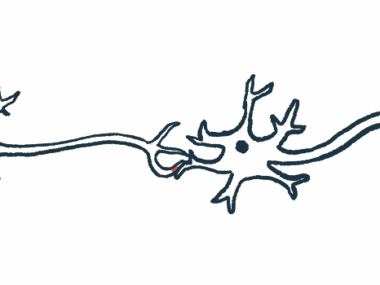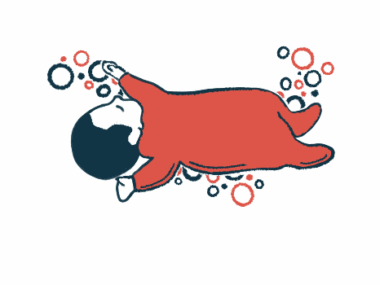GABAergic System Impairment Worsens Seizures in Dravet Patients, Study Reveals
Written by |

For the first time, researchers have described a dysfunction in the brain’s GABAergic system that could increase the frequency and severity of epileptic seizures in patients with Dravet syndrome.
The findings also highlight the therapeutic potential of cannabis derivatives, including cannabidiol, that are able to target GABAA receptors and restore the brain’s GABAergic function, alleviating epileptic seizures in heavily treated patients.
The study, “A novel GABAergic dysfunction in human Dravet syndrome,” was published in Epilepsia.
Dravet syndrome is a severe type of drug-resistance epilepsy that usually emerges during the first year of life and is characterized by seizures, cognitive deficits, and increased mortality.
Most patients (70-80%) carry genetic mutations in the SCN1A gene, which encodes for a subunit of a sodium channel essential for the generation and transmission of electrical signals in the brain.
“A take‐home message from our results for clinicians is that CBD may restore GABAergic function and that DS patients could be treated with low doses of CBD, which have been proven also to ameliorate social behaviour in DS models,” researchers wrote.
“[W]e describe for the first time a new additional GABAergic dysfunction in DS that could exacerbate the occurrence and progression of [epileptic seizures]. Furthermore, this GABAergic defect as a feature of “brain dysmaturity” could be targeted by new therapeutic approaches with few side effects in these patients, who are already burdened by high drug load,” they concluded.





